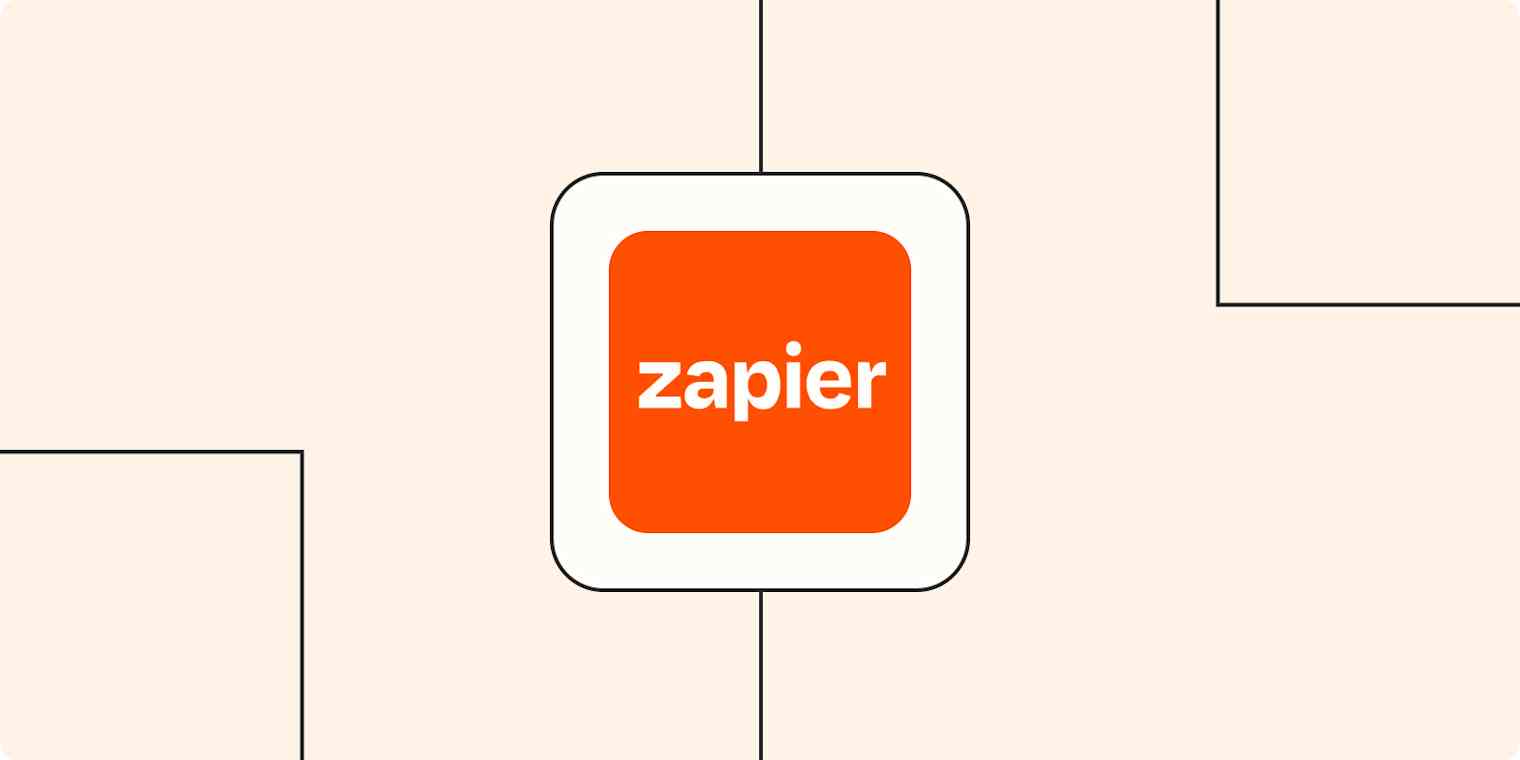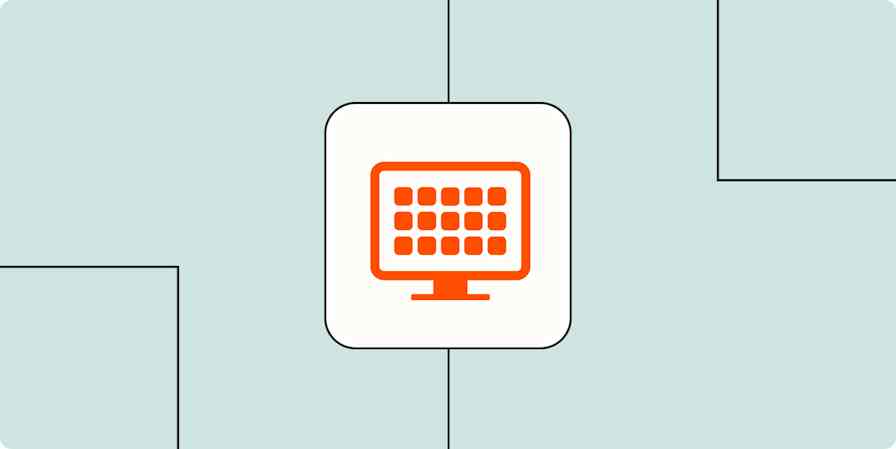Automation inspiration
11 min readHow to automate your business: A guide from Zapier
By Wren Noble · June 16, 2021

Get productivity tips delivered straight to your inbox
We’ll email you 1-3 times per week—and never share your information.
Related articles
Improve your productivity automatically. Use Zapier to get your apps working together.








